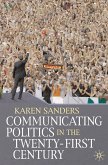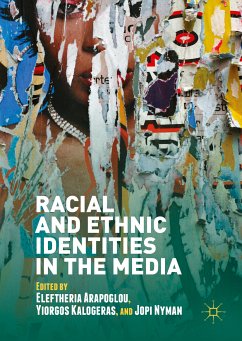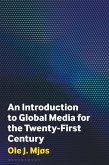Lebanese society is famously, and even notoriously, fragmented, along both class and sectarian lines. Here, Nabil Dajani looks at how this societal division impacts on the nature of the mass media in Lebanon. Implementing the wider theory that the structure and content of mass media is unique to the society within which it operates, he looks at how Lebanese media have often helped to sustain the sectarian divisions within Lebanese society. Dealing with newspapers, radio and television as well as new and emerging forms of communication, such as the internet, social media websites and blogs, he examines how the media both reflect societal realties as well as the ways they influence social consciousness. Beginning with an analysis of the socio-political context of modern-day Lebanon, Dajani critically examines the historical and current realities of the media in this country.
Bitte wählen Sie Ihr Anliegen aus.
Rechnungen
Retourenschein anfordern
Bestellstatus
Storno









